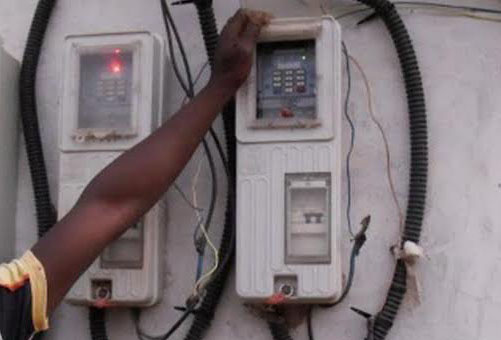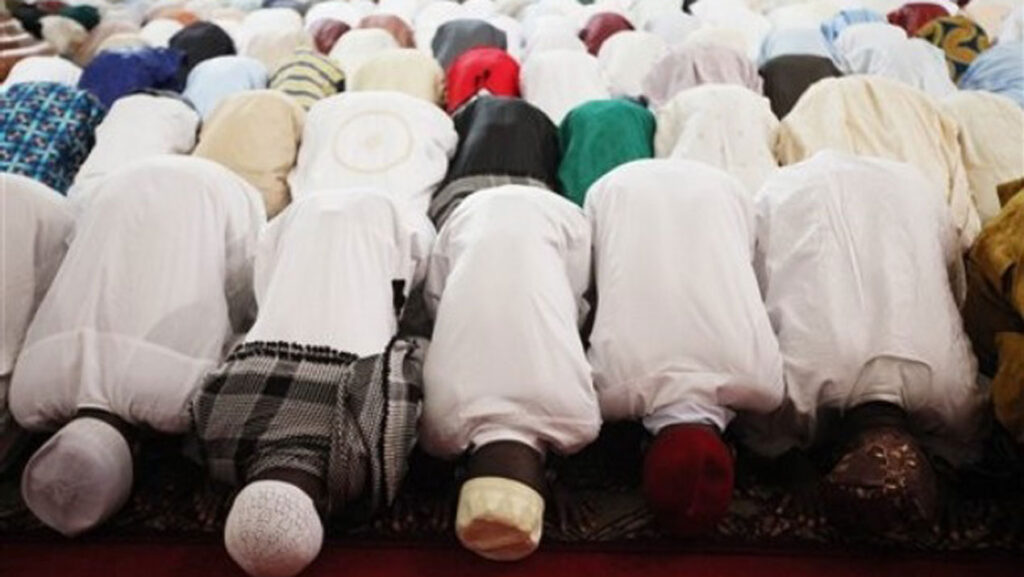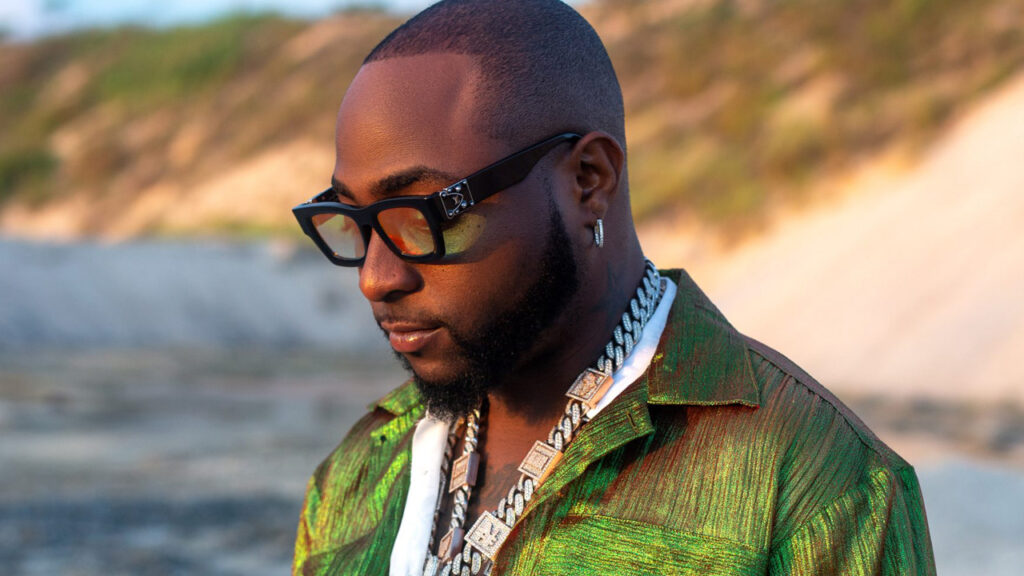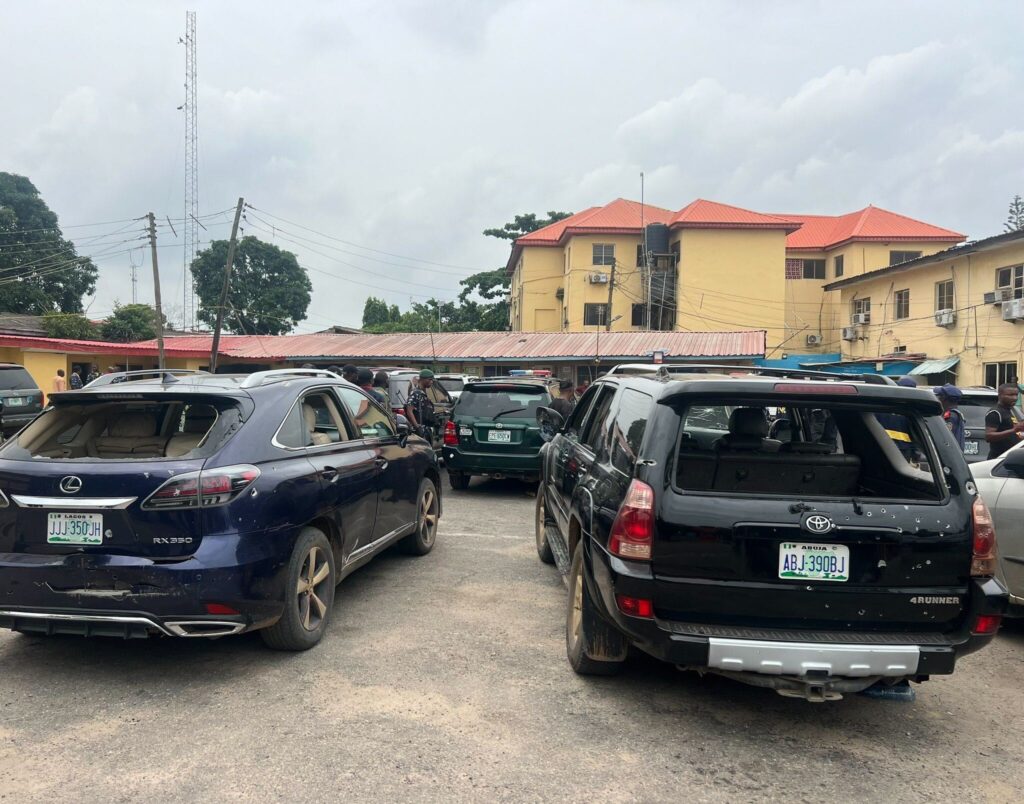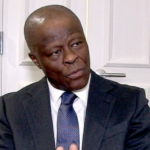
Aid agencies have long warned about the risk of food shortages in northeast Nigeria because of the conflict, which has killed at least 20,000 since 2009 and left more than 2.6 million homeless. In July, the United Nations said nearly 250,000 children under five could suffer from severe acute malnutrition this year in Borno state alone and one in five — some 50,000 — could die. / AFP PHOTO / STEFAN HEUNIS
The UN Women Country Representative to Nigeria and Economic Community of West African States (ECOWAS), Ms Beatrice Eyong, said that one in every ten women lives in extreme poverty globally.
She noted that 22 percent of decision-making positions are held by women in the private sector.
Eyong, who disclosed this in Abuja, at the UN Women Nigeria Media Forum 2024, said that progress has been recorded in this regard.
She revealed that as part of the progress made in sensitisation of the citizens on gender equality and women’s empowerment, 35 States in Nigeria have adopted the Violence Against Persons ‘Prohibition’ Act.
Eyong said: “Globally, one in every 10 women lives in extreme poverty and projections indicate 342 point 4 million women and girls will not have moved out of extreme shift the current trends unless we do not want to do unless the media is telling the unless the media is educated people unless the media is actually convinced.”
She noted that states such as Adamawa, Ebonyi, Lagos, Sokoto and Cross Rivers had gone ahead to develop an Action Plan for the implementation of VAP Act in these States.
“The main thrust of the law is to eliminate violence in private and public life, prohibit all forms of violence against persons to provide maximum protection and effective remedies for victims and punish offenders and other related matters,” she said.
Eyong disclosed that the networks have been established in 16 States across the country to drum up support for gender equality and women’s empowerment.
The UN Women Representative to Nigeria and ECOWAS, however, tasked the media practitioners to be more proactive in educating the masses and enforcing behavioral change.
She added, “As journalists, we need to change the mindsets of communities where gender inequality is entrenched, women’s voices are subdued and rights and aspirations of women and girls are violated with impunity.”
She underscored the indispensable role of the media in the society, adding that “Media is key to setting an agenda on issues of global interest.”
In his remarks, Programmes Specialist, Governance & Participation in Public Life (GPPL), Mr Zephaniah Aura, UN Women, reiterated their commitment towards investing in the empowerment of women and girls in Nigeria.
Aura, also urged the media to amplify women’s voices ahead of the 2027 election to improve their participation in politics.
The facilitators at the event, Executive Director of International Press Council (IPC), Mr. Lanrewaju Arogundade, urged journalists to work in promoting women political participation to ensure adequate women representation both in elective and appointive positions in Nigeria.
Also, the Executive Director, International Press Centre (IPC), Lanre Arogundade, said amplifying women’s voices in the media landscape requires more dedication and commitment towards from all stakeholders, particularly the media.
Arogundade urged the media to continue to highlight issues affecting women on their media platforms to bring about the desired change targeted at gender equality, women empower and political representation.
Hadiza Abdrahman, a participant and Gender Reporter, Radio Nigeria, reiterated her commitment towards highlighting issues affecting women and girls, especially at the grassroots level.





